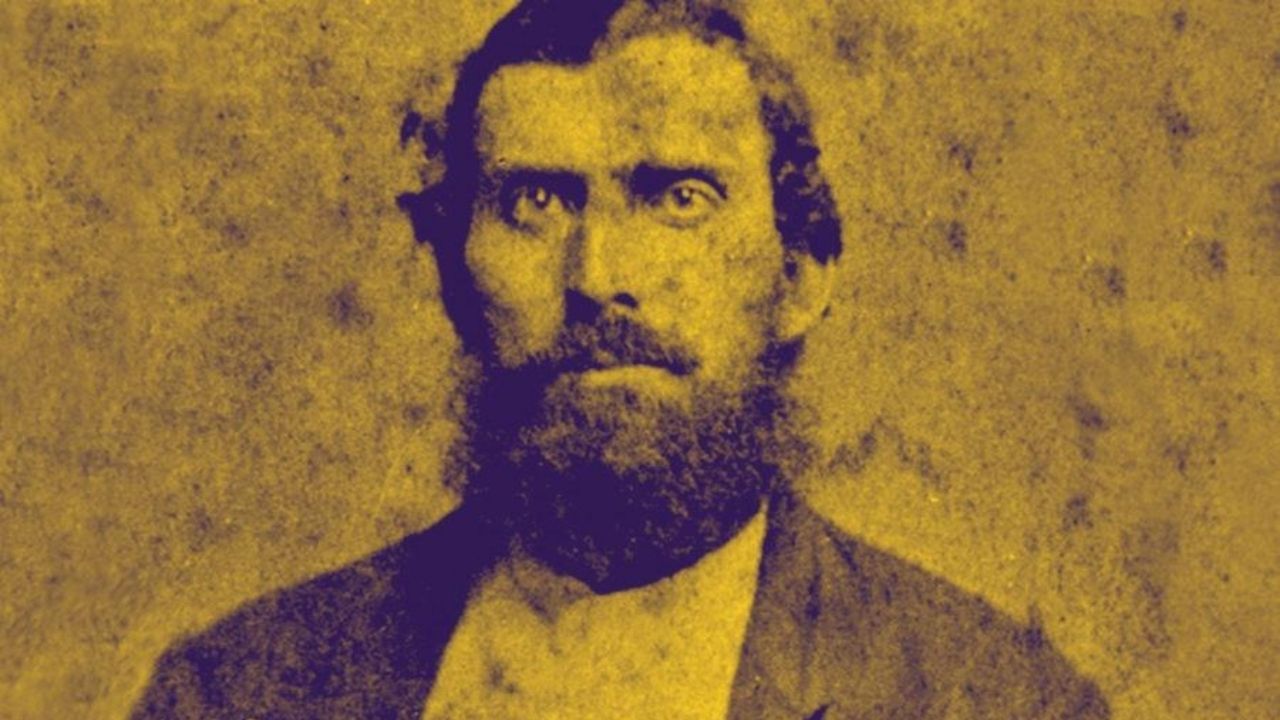
Shawinigate is one of Canada's most talked-about political scandals. It revolves around former Prime Minister Jean Chrétien and a controversial loan given to a hotel in his hometown of Shawinigan, Quebec. What makes Shawinigate so intriguing? The scandal touches on themes of political favoritism, ethics in governance, and the murky waters of financial dealings. Chrétien's involvement raised eyebrows, leading to numerous investigations and heated debates. Why should you care? Understanding Shawinigate offers a glimpse into how political power can be wielded and sometimes abused. It also serves as a cautionary tale about transparency and accountability in public office. Buckle up as we dive into 30 compelling facts about this captivating chapter in Canadian history.
Key Takeaways:
- Shawinigate was a political scandal in Canada involving conflict of interest and misuse of public funds. It eroded public trust, highlighting the importance of transparency and accountability in government dealings.
- The scandal emphasized the need for stronger conflict-of-interest laws and robust oversight mechanisms in government. It also showcased the media's role in holding public officials accountable.
Shawinigate: A Political Scandal
Shawinigate, a political scandal that rocked Canada in the late 1990s and early 2000s, involved allegations of conflict of interest and misuse of public funds. Let's dive into some intriguing facts about this controversial episode.
The Origins of Shawinigate
Understanding the roots of Shawinigate helps grasp its impact on Canadian politics.
- The scandal centered around then-Prime Minister Jean Chrétien and his involvement with a hotel in Shawinigan, Quebec.
- Chrétien was accused of using his influence to secure federal loans for the Grand-Mère Inn, a hotel he once owned shares in.
- The controversy began when Chrétien sold his shares in the hotel to a friend, Yvon Duhaime, who later received a loan from the Business Development Bank of Canada (BDC).
Key Players in the Scandal
Several individuals played crucial roles in the unfolding of Shawinigate.
- Jean Chrétien, the central figure, served as Canada's Prime Minister from 1993 to 2003.
- Yvon Duhaime, the new owner of the Grand-Mère Inn, was a close associate of Chrétien.
- François Beaudoin, the president of the BDC, raised concerns about the loan approval process, leading to his dismissal.
The Role of the Media
The media played a significant role in bringing Shawinigate to public attention.
- The Globe and Mail, a prominent Canadian newspaper, broke the story in 1999.
- Investigative journalist Daniel Leblanc was instrumental in uncovering details about Chrétien's involvement.
- Media coverage intensified public scrutiny and pressure on the government to address the allegations.
Legal and Ethical Implications
Shawinigate raised important questions about ethics and legality in politics.
- Critics argued that Chrétien's actions constituted a conflict of interest, violating ethical standards.
- The scandal prompted calls for stricter regulations on political conduct and transparency.
- Legal experts debated whether Chrétien's involvement warranted criminal charges, though none were filed.
Public Reaction and Political Fallout
The scandal had a lasting impact on public opinion and Canadian politics.
- Public trust in the government was significantly eroded due to the scandal.
- Opposition parties used Shawinigate to criticize Chrétien and his administration.
- The scandal contributed to a broader conversation about accountability and integrity in politics.
Investigations and Inquiries
Several investigations were launched to uncover the truth behind Shawinigate.
- The House of Commons Ethics Committee conducted a thorough inquiry into the allegations.
- The Auditor General of Canada also investigated the loan approval process and its irregularities.
- Despite extensive investigations, concrete evidence of wrongdoing by Chrétien remained elusive.
Long-term Consequences
Shawinigate left a lasting legacy on Canadian political culture.
- The scandal highlighted the need for stronger conflict-of-interest laws and regulations.
- It underscored the importance of transparency and accountability in government dealings.
- Shawinigate remains a reference point in discussions about political ethics in Canada.
Lessons Learned
Reflecting on Shawinigate offers valuable lessons for future political conduct.
- The scandal demonstrated the potential consequences of perceived conflicts of interest.
- It emphasized the role of the media in holding public officials accountable.
- Shawinigate reinforced the necessity of robust oversight mechanisms in government.
Comparisons to Other Scandals
Shawinigate can be compared to other political scandals worldwide.
- Similar to the Watergate scandal in the United States, Shawinigate involved allegations of abuse of power.
- Both scandals led to increased public demand for transparency and ethical governance.
- Shawinigate, like other scandals, serves as a cautionary tale for politicians globally.
The Legacy of Jean Chrétien
Despite the scandal, Chrétien's legacy remains complex and multifaceted.
- Chrétien is remembered for his significant contributions to Canadian politics, including economic growth and social programs.
- Shawinigate, however, remains a blemish on his otherwise notable career.
- The scandal serves as a reminder of the challenges and scrutiny faced by public officials.
Final Thoughts on Shawinigate
Shawinigate, a political scandal from the late 1990s, left a lasting mark on Canadian politics. It revolved around then-Prime Minister Jean Chrétien and a controversial loan to a hotel in his hometown, Shawinigan. The scandal raised questions about political ethics, transparency, and the influence of personal interests in government decisions.
Despite investigations, Chrétien was never formally charged, but the incident tarnished his reputation. It highlighted the need for stricter regulations and oversight in political dealings. Shawinigate serves as a reminder of the importance of accountability in public office.
Understanding this scandal helps us grasp the complexities of political power and the potential for conflicts of interest. It underscores the necessity for vigilance in holding leaders accountable. Shawinigate remains a significant chapter in Canadian history, offering valuable lessons for future generations.
Frequently Asked Questions
Was this page helpful?
Our commitment to delivering trustworthy and engaging content is at the heart of what we do. Each fact on our site is contributed by real users like you, bringing a wealth of diverse insights and information. To ensure the highest standards of accuracy and reliability, our dedicated editors meticulously review each submission. This process guarantees that the facts we share are not only fascinating but also credible. Trust in our commitment to quality and authenticity as you explore and learn with us.


